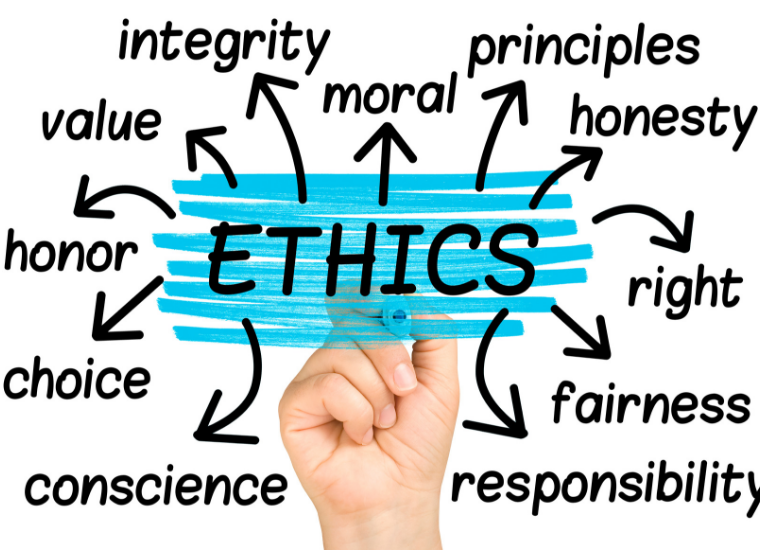Ethics is defined as the moral principles that govern a person’s behavior or the conducting of an activity. It is a societal norm that has been instilled in us from a very young age. Ethics is not just a buzzword or a fancy term used to describe good behavior. It is a fundamental aspect of our society that shapes our interactions with one another.
Unethical behavior, on the other hand, refers to actions that are not in line with the moral standards set by society. In our current age of instant gratification and short-term gains, unethical behavior seems to be on the rise. This trend is worrisome, as it encourages a toxic culture where people are willing to do anything it takes to achieve their goals, even if it means violating moral codes.
The negative consequences of such behavior are far-reaching and can affect individuals, organizations, and society as a whole. To fully understand the impact of unethical behavior, it’s important to look at the various ways in which it manifests.
One of the most immediate consequences of unethical behavior is loss of trust. When people engage in unethical behavior, they jeopardize the trust that others have in them. This loss of trust can affect relationships, business deals, and even friendships. Once trust is broken, it takes a lot of effort and time to rebuild it.
In addition to trust, unethical behavior can also lead to a loss of reputation. When a person or organization engages in unethical behavior, others will take notice. The damage to one’s reputation can be severe and long-lasting. It can impact career prospects, business relationships, and personal relationships.
Another negative consequence of unethical behavior is legal repercussions. Depending on the severity of the behavior, unethical actions can lead to fines, lawsuits, and even imprisonment. Beyond the legal consequences, there are also the moral and ethical implications of such behavior, which can last a lifetime.
Beyond individual consequences, unethical behavior also harms society as a whole. It erodes the fabric of our shared values and creates a climate of mistrust, suspicion, and fear. It creates an environment where people are more likely to put their own interests ahead of the common good.
In conclusion, ethics is not just a buzzword. It is a fundamental aspect of our society that shapes our interactions with one another. When individuals engage in unethical behavior, they perpetuate a toxic culture that breeds mistrust, suspicion, and fear. The negative consequences of such behavior are numerous and far-reaching, which underscores the importance of upholding ethical standards in all aspects of life.

